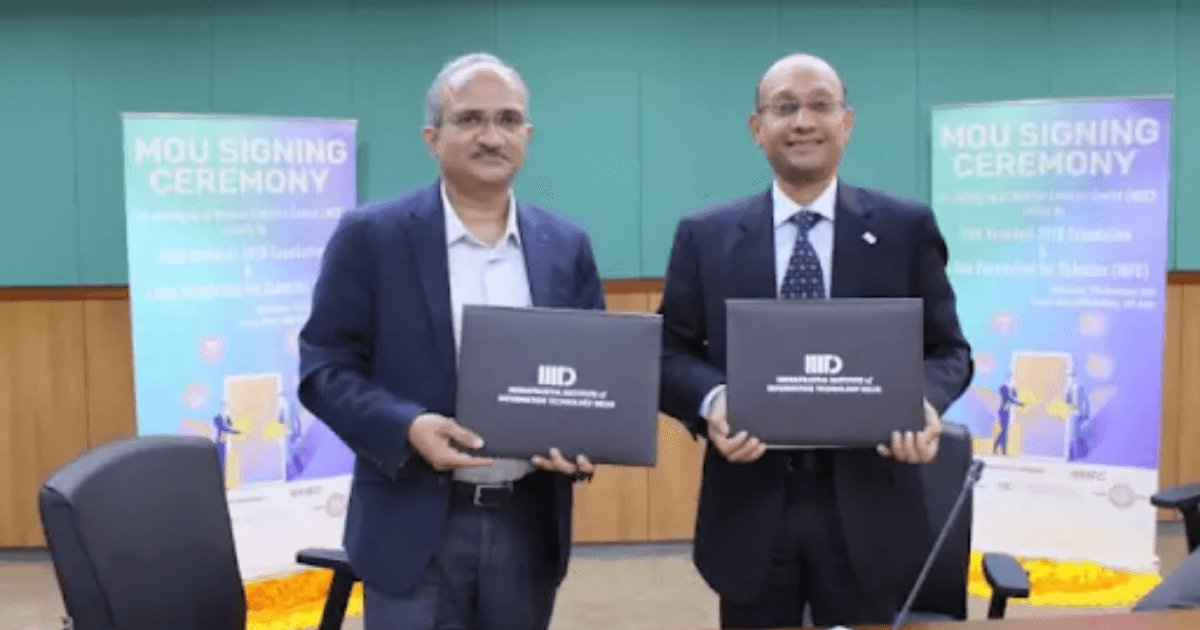The pandemic has shook the entire world and has made us realise that though no amount of technology can replace human emotions and concern, it sure can be very helpful and supportive to have access to technology by your side in case of such a crisis. As we all saw how assistive robots were helpful in day to day activities under a hospital setting, be it in case of sanitization or be it in case of reaching out to patients with some inventory. Hence it is really important to get the doctors and experts well equipped with such technology driven care.
The technology innovation hubs of IIT Delhi (iHub foundation) and IIIT Delhi (iHub Anubhuti) will collaborate to develop India’s first Medical Cobotics Centre (MCC) at IIITDelhi. The hubs, funded by the Department of Science and Technology (DST), will develop training programs in consultation with leading doctors and healthcare experts.
The planned Medical Cobotics Centre (MCC) will be a technology enabled medical simulation and training facility for the young resident doctors to equip them with advanced technological knowledge. The centre will also act as a validation centre for research outcomes in the area of healthcare robotics and digital health in addition to facilitating the training of other healthcare professionals, paramedical staff, technicians, engineers, and researchers.
Project leaders from IIT-D and IIIT-D informed that though there are several medical simulation centres for providing training to the resident doctors, there is none dedicated to developing these technologies and their validation. MCC will develop strategic partnerships with companies, undertake expert driven research and will also work towards commercialization of technologies.
Healthcare experts from renowned medical institutions like All India Institute of Medical Sciences (AIIMS) at New Delhi, Jodhpur, and other medical colleges have been taken on board to develop training programs under the project. The training programs would be conducted for multiple levels (basic/advanced) of expertise in line with the National Education Policy for medical subjects. They will also be cohort-specific including cohorts like urology, neurology, laparoscopy, but initially limited to minimum invasive surgeries.
The first batch of trainees will be inducted in April/May 2022 with some of the basic training simulators. Advanced medical technology like the surgical robots will be inducted in the next phase.
Source: www.health.economictimes.indiatimes.com/news/health-it/

